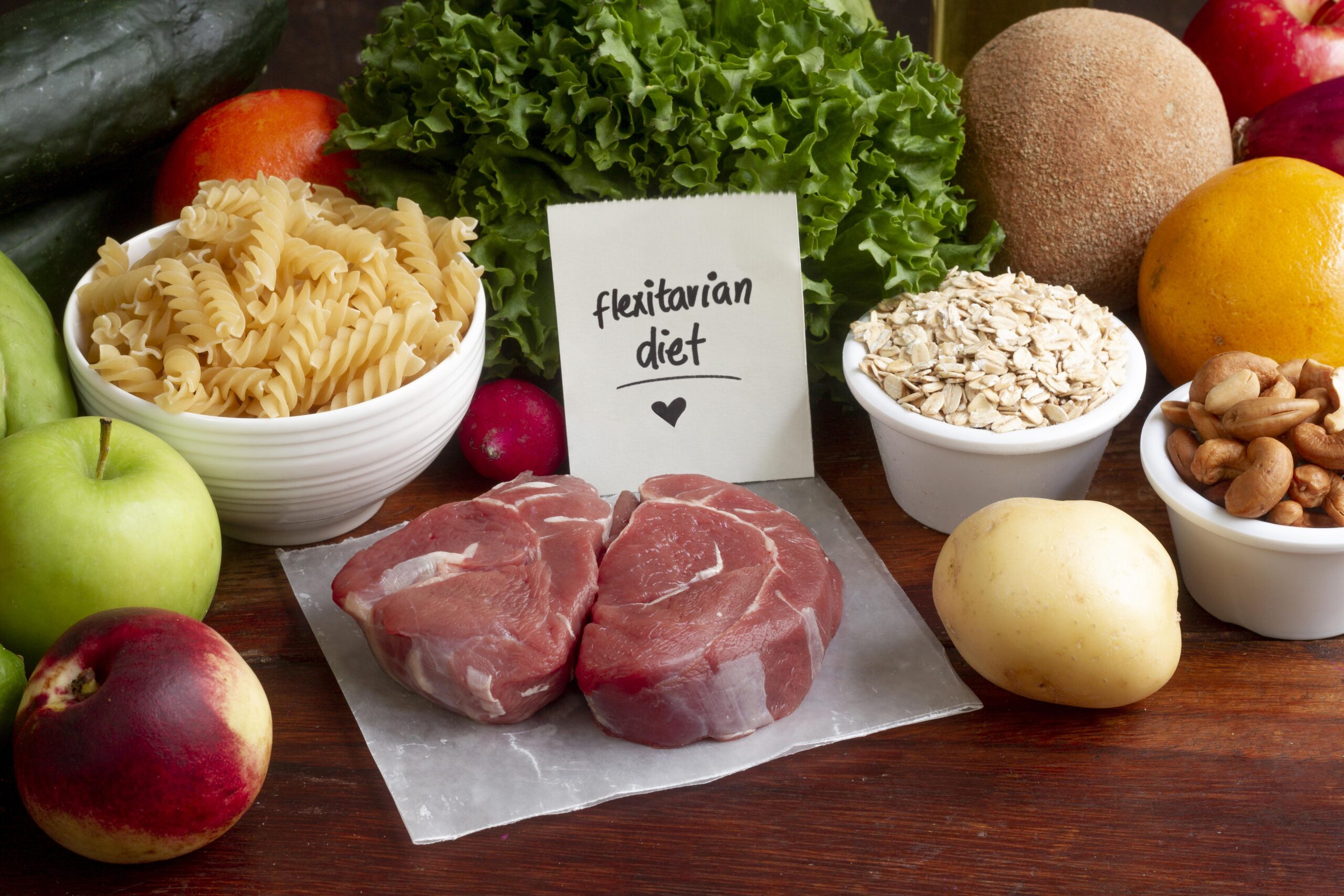
Losing excess fat and maintaining a healthy weight often comes down to more than just cutting calories; it’s also about making smarter nutritional choices. One strategy that continues to gain attention is adopting a high-protein diet. Protein is not only essential for overall health, but it also plays a powerful role in weight management.
From boosting metabolism and curbing appetite to supporting muscle maintenance and improving body composition, increasing your protein intake can be a game-changer in your fat-loss journey.
If you’ve set health or weight loss goals this year and are looking for lasting results, incorporating more high-protein foods into your meals might be the key to staying on track. In this article, we’ll explore how protein supports fat loss and why it deserves a top spot in your diet plan.
While high-protein diets can be effective for weight loss, they may come with some risks if followed for too long. It’s always best to consult with a healthcare provider before starting any diet, especially if you have an existing health condition. Possible Concerns with Long-Term High-Protein Diets include:
Protein supports weight loss in the following way;
Eating more protein can help reduce body fat and support weight control over time, even if you’re not strictly counting calories. It works by increasing your metabolic rate, curbing your appetite, and influencing hormones tied to hunger and fullness. With higher protein intake, you tend to feel satisfied for longer, which can naturally lead to eating less and forming healthier eating patterns.
Your body finds it more difficult to turn protein into stored fat compared to other nutrients. This means that consuming a diet rich in protein reduces the likelihood of fat gain.
For example, when you eat carbohydrates, your body converts about 80% of them into fat, and fats themselves are converted to stored fat with around 96% efficiency. In contrast, protein is only converted into fat about 66% of the time, making it a less efficient source for fat storage.
By boosting hormones that promote satiety and lowering those that trigger hunger, protein helps you stay satisfied for longer periods. A review of over ten studies found that individuals who were overweight or obese consistently experienced increased feelings of fullness when consuming a high-protein diet.
This extended sense of fullness can naturally lead to reduced calorie consumption and less reliance on processed foods, making it easier to lose weight.
Muscle plays a crucial role in maintaining a healthy metabolism. Unfortunately, many weight-loss diets cause muscle loss, which can slow down your metabolism and make it harder to keep the weight off.
Eating a high-protein diet helps protect your muscle mass during weight loss. Studies have shown that people who consume more protein while dieting lose less muscle, supporting a stronger metabolism and better long-term results.
Protein has a higher thermic effect compared to fats and carbohydrates, meaning your body uses more energy to digest and process it. Additionally, eating plenty of protein helps preserve lean muscle mass, which supports a higher resting metabolic rate.
As a result, a diet rich in protein increases the number of calories your body burns throughout the day, even while you’re resting or sleeping.
This effect is especially noticeable during periods of overeating. For example, a small 2015 study found that people who consumed extra calories through a high-protein diet burned about 260 more calories per day compared to other diets.
Your brain, especially the hypothalamus, plays a central role in controlling your body weight by interpreting signals that tell you when and how much to eat. Many of these signals come from hormones that change after eating.
Increasing protein intake raises levels of hormones that promote fullness, such as GLP-1, peptide YY, and cholecystokinin, while lowering levels of ghrelin, the hormone that stimulates hunger.
By swapping some carbohydrates and fats for protein, you may experience reduced hunger and enhanced feelings of satiety. This hormonal shift can help you naturally consume fewer calories and support weight loss.
Adding more protein to your meals is easier than you might think—just include more protein-rich foods throughout your day.
Some great sources of protein include:
For a balanced approach, try combining lean animal proteins with plant-based options. This can help control calorie intake and support heart health by reducing saturated fat consumption.
If you struggle to meet your protein needs through food alone, protein supplements like whey powder can be a convenient addition. Whey protein has been linked to benefits such as supporting weight loss and muscle maintenance.
Protein provides about 4 calories per gram, so eating large amounts can add up in calories quickly. For instance, consuming 150 grams of protein equals roughly 600 calories.
If you find yourself gaining weight while on a high-protein diet, it’s important to watch your overall calorie intake. Ideally, increasing protein should mean swapping out some carbs or fats—not just adding extra calories on top of your usual intake. Eating more protein and more total calories can lead to weight gain.
That said, gaining weight isn’t always a negative sign. If your protein intake is helping you build muscle, that muscle gain can increase your weight since muscle is denser and heavier than fat.
Incorporating more protein into your diet can be a powerful tool for losing fat and improving overall health. By boosting metabolism, reducing hunger, preserving muscle, and supporting fat loss, a high-protein diet helps you achieve sustainable weight management. Whether through whole foods or supplements, prioritizing protein can make a meaningful difference in your weight loss journey.